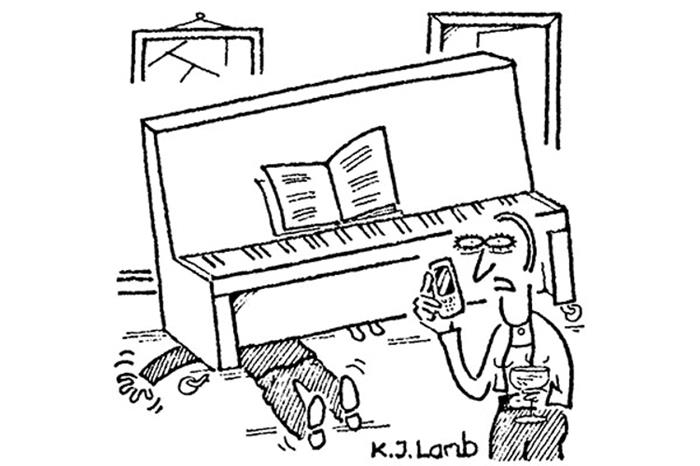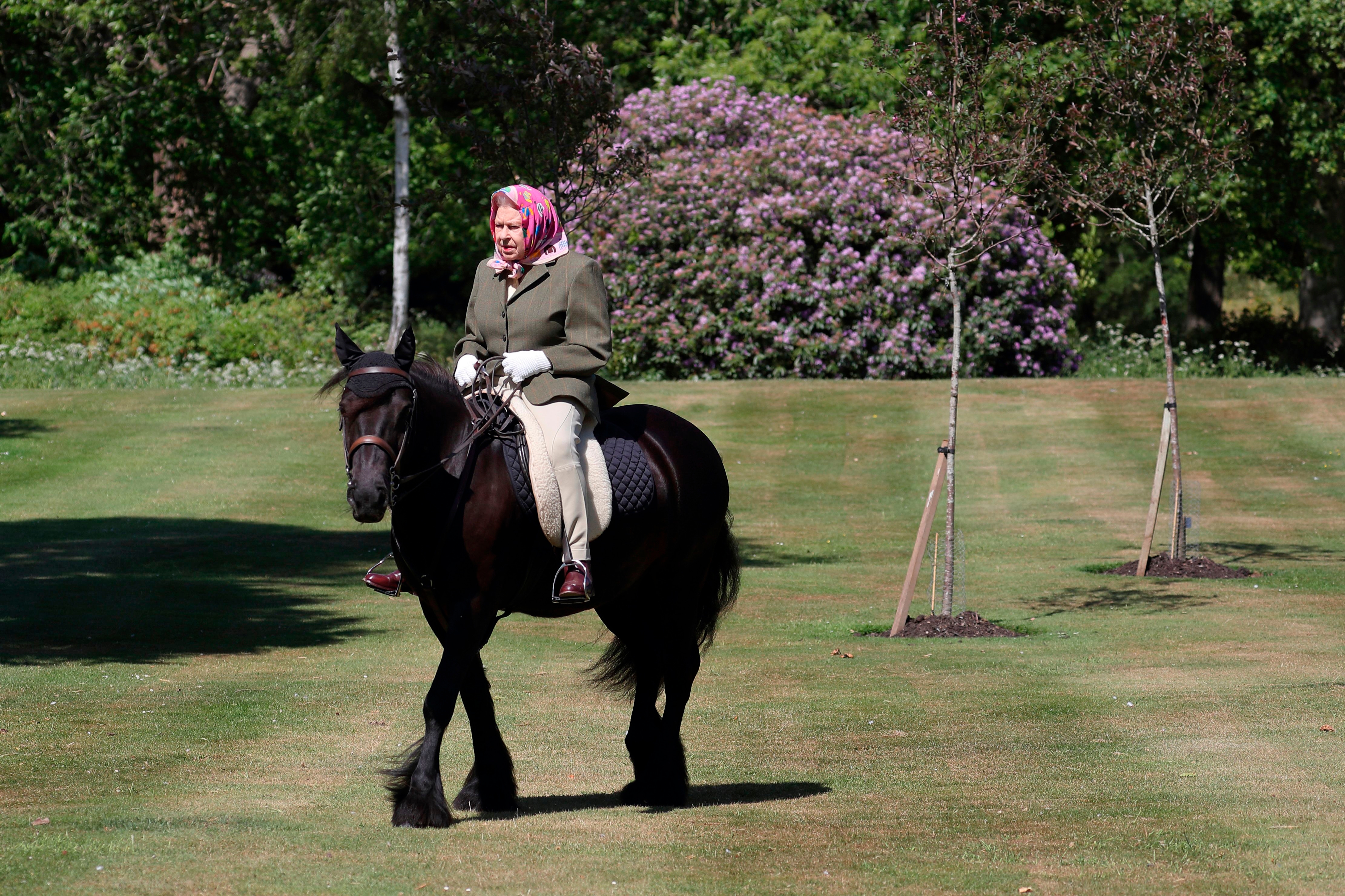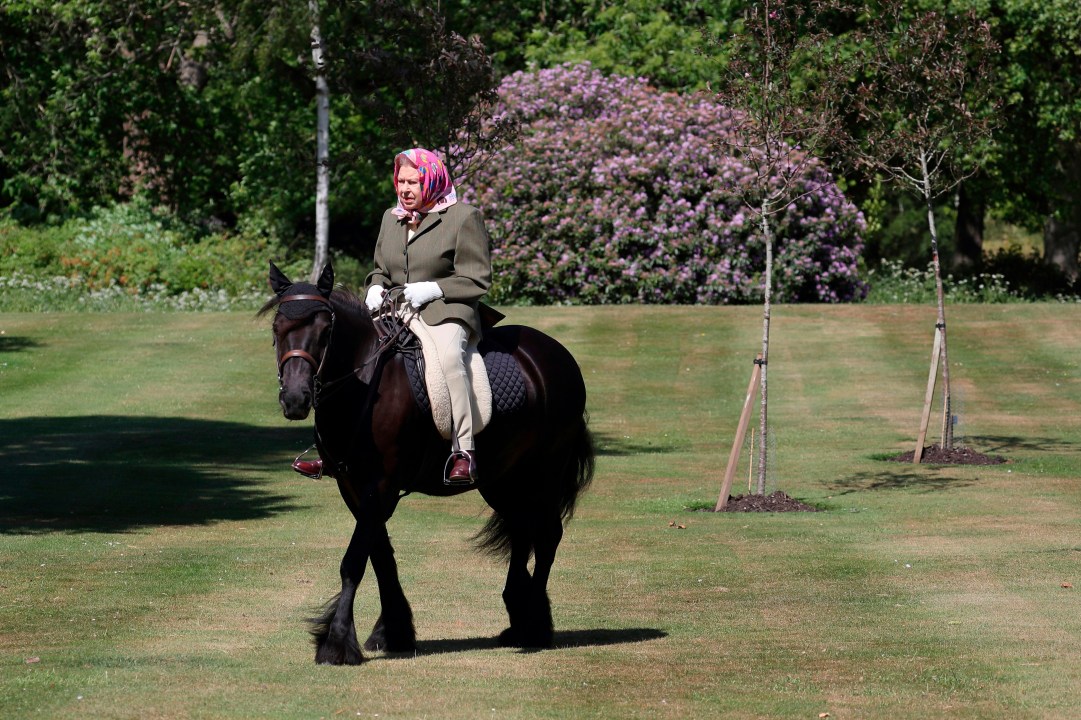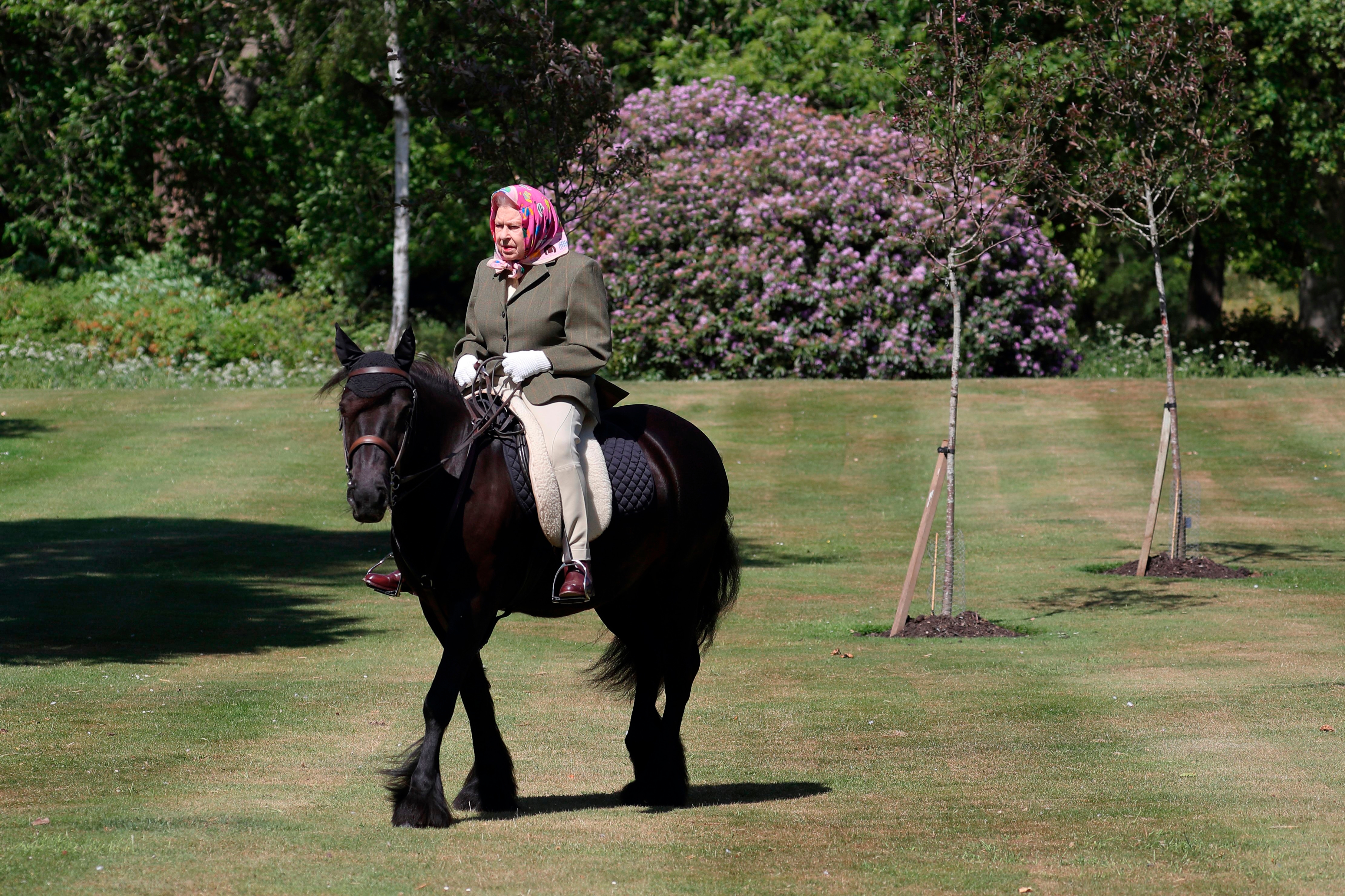The Spectator brings you the latest insight, news and research from the front line. Sign up here to receive this briefing daily by email, and stay abreast of developments both at home and abroad.
News and analysis
- Primary school pupils in Reception, Year 1 and Year 6 can return to school from today. The National Foundation for Educational Research estimates that 46 per cent of parents will keep their children home over safety fears.
- Some 2.4 million cancer patients have missed out on tests and treatment because of a backlog caused by the Covid-19 pandemic, according to Cancer Research UK.
- Fewer than 80 prisoners have been released early to stop the spread of Covid-19 in prisons. The government had previously said up to 4,000 would need to be freed.
- Some 2.25 million face masks have been seized at Heathrow Airport for failing to comply with safety standards. A further 4.25 million masks had to have their labels changed before being released.
- Primark will reopen its stores from 15 June.
- Pigeon racing will become the first spectator sport to return to the UK today.

‘I’m worried about Roger — he’s not in a good place right now.’
Why is Japan’s death toll so low?
by Ross Clark
Sweden has received quite a kicking for its decision to avoid a lockdown. But there is another country which has taken a similar route and proved harder to criticise. In Japan, restaurants, shops and hair salons have remained open throughout the pandemic, and there have been no restrictions on personal movement.
Japan has not used any of the standard measures for tackling Covid-19 – lockdown, test, track and trace – with any great vigour and neither has it succeeded in snuffing out the virus by any other means. If you think Boris Johnson or Donald Trump have been reckless in some way, you ought to be berating the Japanese government far more. But Japan, in spite of its laissez-faire attitude, has had remarkably few deaths: seven for every million citizens, compared with 567 in Britain. Even Europe’s Covid-19 pin-up – Germany – has suffered a death rate that is multiples of that of Japan: 103 per million.
This brings one to an inescapable conclusion that has been obvious since mid-March, at least to anyone who has been prepared to see it: that there is a fundamental difference in the way that this virus has behaved in the Far East compared with Europe and America. It has been far, far deadlier in the latter two, and in a way which cannot nearly be explained by differences in the way governments have handled the epidemic. This raises two possibilities: either that there is a difference in the virus which has been attacking western countries or there is a difference in the human populations.
Read Ross’s full analysis on The Spectator website.
** A sponsored message from Facebook **
Do you know a small business in need of extra support?
It’s a challenging time for small businesses in communities across the country. Facebook’s Business Resource Hub offers free tools to help you manage your business, support your customers and employees, and connect with other business owners who are facing similar challenges.
From information on how to bring your business online, to setting up a customer service plan, Facebook’s Business Resource Hub has you covered.
Visit our Business Resource Hub
Back in the saddle

In words
Freedom will become the rule, bans the exception.
– French Prime Minister Edouard Philippe on the easing of lockdown in the country.
Schools reopen, but not all eligible students return
One of the benefits of the UK exiting lockdown slowly is supposedly that evidence from other countries can help lead our decision-making. If liberalising parts of society doesn’t cause a Covid-19 flare-up, the UK can proceed with cautious optimism; if certain kinds of lockdown easings lead to a spike in infection rates, the UK can stay clear of doing the same. Based on this logic, the return of Reception, Year 1 and Year 6 to school today should be warmly embraced, as reports from Denmark over the weekend – which reopened its primary schools in mid-April – confirmed that doing so has not led to an increase in infections. The news follows reports from Finland which also found the virus wasn’t spreading around schools. Yet Britain is not convinced, with the National Foundation for Educational Research reporting that only half of parents of children eligible to return to school are likely to send them to classes, out of fear that the virus still poses a risk. Which begs the question: if evidence from countries easing restrictions isn’t going factor in decision-making, is it worth the economic cost of trailing them out of lockdown?
Global news
- Children returning to school in Denmark did not lead to a rise in Covid-19 infections, according to official data from the country.
- The Colosseum and Leaning Tower of Pisa have reopened in Italy. Restaurants, cafés and bars will reopen tomorrow in Paris for outdoor service.
- Greece will resume flights with the UK from 15 June with all arrivals required to take a Covid-19 test. A passenger testing negative must self-quarantine for seven days, while a passenger testing positive will be quarantined under supervision for 14 days.
- The Prime Minister of Armenia has tested positive for Covid-19.
- Spain’s Prime Minister will ask its parliament to extend lockdown until 21 June ‘to finish with the pandemic once and for all’.
- People in South Africa can buy alcohol again for the first time since 27 March.
Our latest podcast
Research: Serious vulnerabilities
It’s well established that certain underlying health conditions, like diabetes, increase a person’s risk of suffering severely from Covid-19. But how much worse are the likely outcomes? A study published in Diabetologia finds that, of the diabetic patients monitored in hospital, ‘20.3 per cent of the study population required tracheal intubation for mechanical ventilation with a mortality rate of 10.6 per cent as early as seven days after admission’. That is, one in ten diabetic patients died within a week of being admitted to hospital. The research concludes that this provides more evidence that those in particularly vulnerable groups, especially ‘elderly people with long-standing diabetes and advanced diabetic complications’ must be treated with extra caution to avoid any contact with Covid-19.
Coronomics
- Up to half of the £18 billion-worth of ‘bounce back’ Covid-19 loans are unlikely to be paid back, according to UK banks.
- Nearly half of UK workers say they feel pressured to work through sickness during lockdown due to redundancy fears.
- Sales of frozen food in the UK rose by £195 million in the 12 weeks to April 18, an increase of 16 per cent. However, sales of ready meals fell 15 per cent and desserts fell by 12 per cent in the four weeks to 19 April.
- One in five Germans says they would not seek a vaccine against Covid-19.
- A man in Colorado who spent two weeks in intensive care fighting coronavirus has received a bill from his hospital for $840,000.
More from The Spectator
The Covid chasm between East and West – Ross Clark
The growing rebellion against quarantine for UK arrivals – James Forsyth
There is no justice in looting – Roger Kimball
How the Post Office lost its way – Duncan Campbell-Smith
Is this why Germany has escaped lightly from coronavirus? – Ross Clark
Self-isolation tips from Spectator Life
Game, set, match: how to improve your tennis – Samantha Rea
Five wines that take you abroad – Jonathan Ray
How to prevent back pain when working from home – Rosie Cardale







Comments